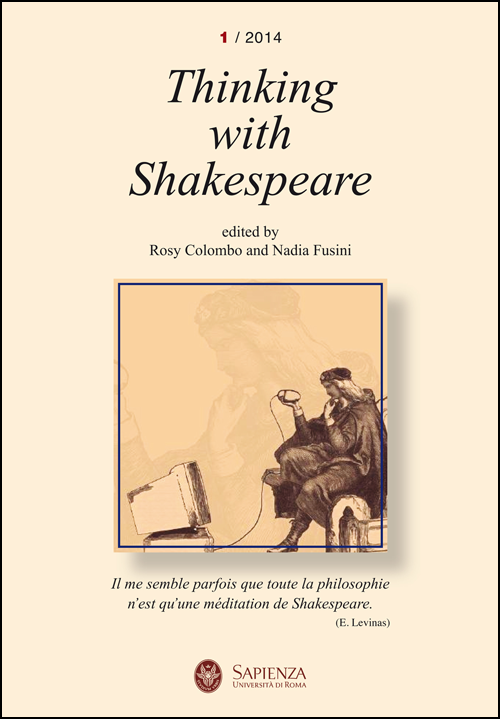Confusing Matters: Romeo and Juliet and Hegel's Philosophy of Nature
Abstract
This article concerns how we generate continuity from the disparate; how experienced time, like fire, is a show, is tragic, and yet is also kindling cognition. I discuss this by looking at nature metaphors in Romeo and Juliet through the lens of Hegel’s Philosophy of Nature. This tragedy is not primarily about freedom. I begin with two metaphors of unification through mediation: the Friar’s "plant" and Hegel’s “rose in the cross”. I then focus on Hegel’s Philosophy of Nature and the ‘show’ of nature in terms of 1) the point of contact between ideality and reality and 2) ideality as light dialectically enmattered into increasingly complex forms (fire, time and the self-kindling life of plants and animals). Light as chemical fire is the tragic “prose of nature”, existing directly prior to organic life, the living “poetry of nature”. In Romeo and Juliet, I draw on the play’s abundant nature metaphors, especially of light, fire, the earth’s elements, and the heat of contact between lovers and duelers. I show how these metaphors trace the enmattering of light through fire into chemical combustion and thus reveal the tragic show of the inability of these lovers to exist as the poetry of nature.
Keywords: Hegel, Romeo and Juliet, Philosophy of Nature, Nature metaphors, Dialectic, Tragedy


